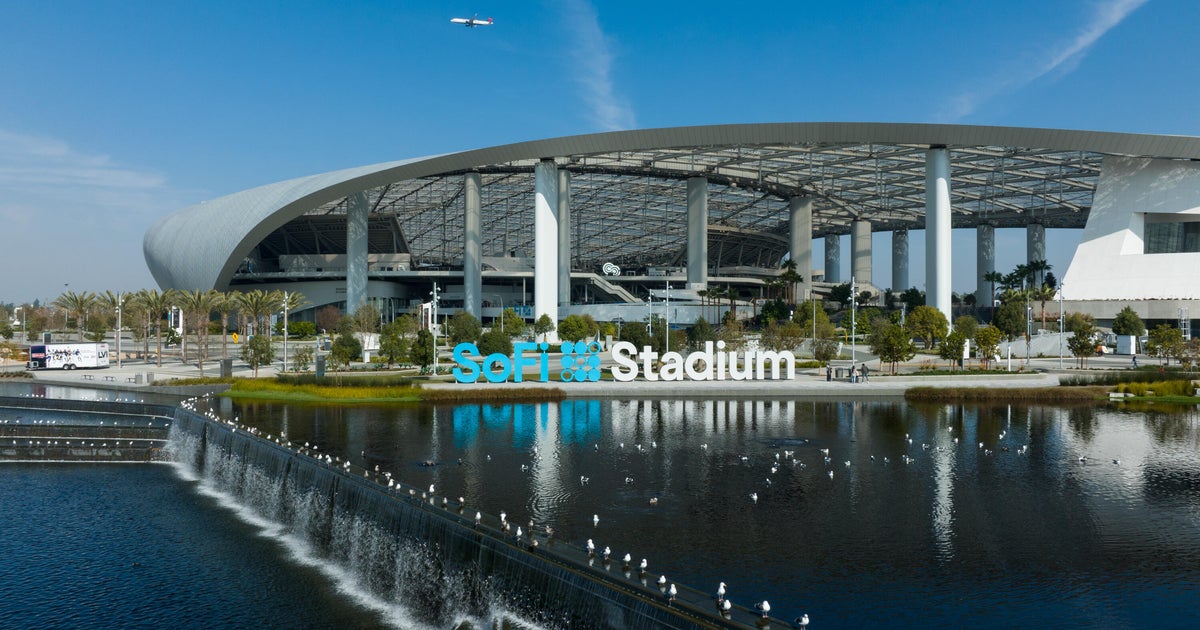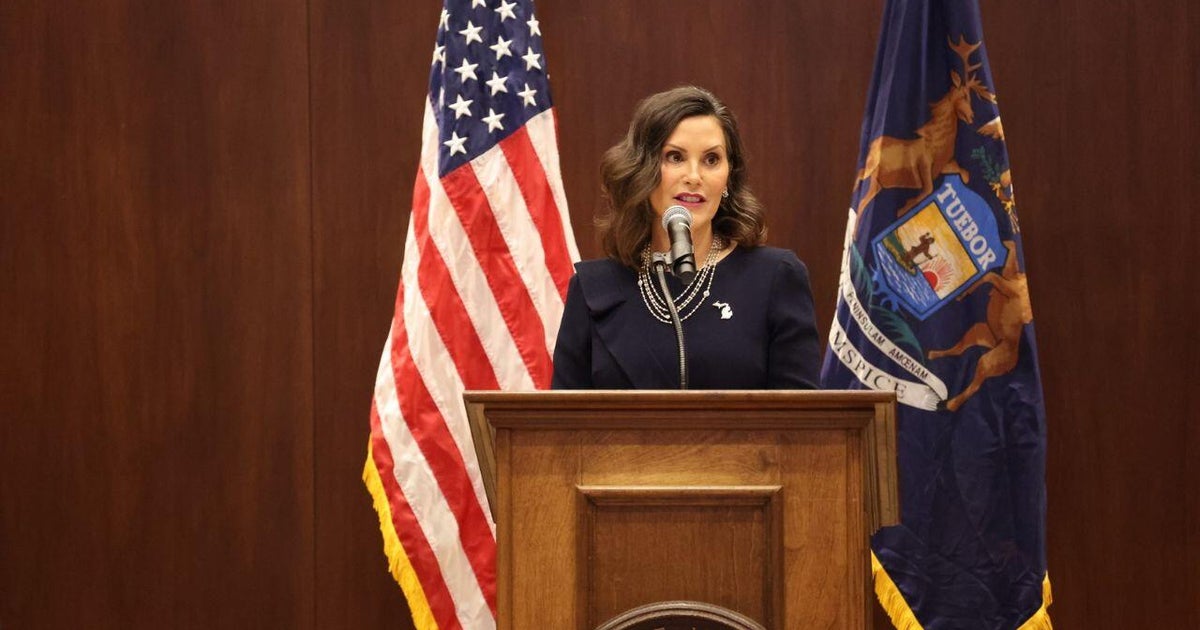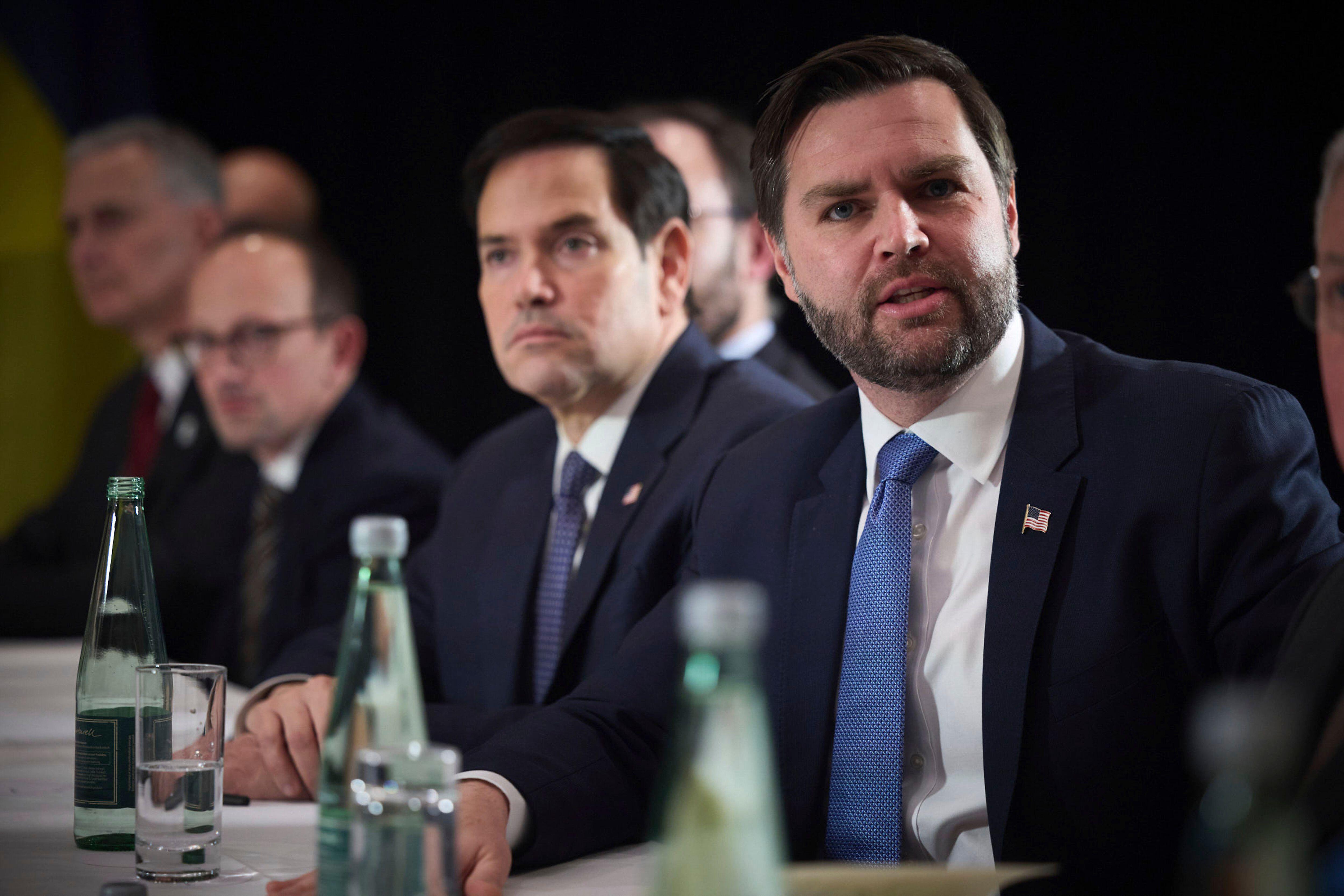Greece economic crisis creates "new homeless"
(CBS News) ATHENS - Greek voters will go to the polls this weekend in a closely-watched second-round of parliamentary elections.
The outcome could lead to Greece dropping out of the euro zone, a move that would have economic implications across Europe, and reach all the way across the Atlantic to the United States.
Battling for reelection is the conservative-leaning party which won a massive bailout package from other eurozone nations to keep Greek banks afloat. Trying to oust that government is a liberal party which vows to void the European rescue deal and end the drastic austerity measures forced on the nation by its neighbors.
Financial crisis puts Greek health care on life support
Europe debt meltdown: How did we get here?
Euro crisis: How to protect your money
Greeks are divided. Many say the austerity measures have crippled the economy - one in five Greeks is now unemployed - and they argue the terms of the deal with the other eurozone nations must be renegotiated. Others say Greece spent too long borrowing money it could not afford and must now bear the burden of the belt-tightening.
For some, however, neither side is offering an acceptable answer.
Leo spends most of his day drinking coffee and playing backgammon with the people he calls Greece's "new homeless," at the Klimaka shelter in Athens.
"It offers them a kind of refuge. They have television, they have access on the internet, they can take a bath, they can wash their laundry and they eat," he explains.
He understands their needs well because Leo, who didn't want to tell us his last name, is homeless himself.
Well-educated and fluent in four languages, Leo made his living painting traditional Greek religious icons, until last year, when the economic crisis hit. Work dried up, his savings ran out, and he was unable to pay his rent.
"The 3rd September, late evening, I found myself on the streets with a plastic bag, warm clothes, few books and 10 boiled eggs," he recalls.
Leo is far from alone.
Homelessness was never a big issue in Greece. When people fell on hard times, they turned to their families or they turned to the church.
The financial crisis has changed all that.
Official statistics are hard to come by, but one charity estimates that 13,000 Greeks are now sleeping rough, on the streets of Athens alone.
Three times every day, long lines form at the city's soup kitchens. The Orthodox Church says it is currently feeding a quarter of a million people daily.
The effect on the country's psyche, says Leo, has been profound.
"In Greece, we are optimistic people, we are cheerful people, we're outgoing people. Now these things are turning into blackness and pessimism. We are not ourselves."
Asked whether he blames the banks or the government for his country's dire state of affairs, Leo doesn't hesitate.
"First, the politicians. They are rotten from the roots, really," he laments. "That's why I'm not going to vote. They're not worth talking about. I'm very angry with them."
To see Clarissa Ward's report, click on the video in the player above.



